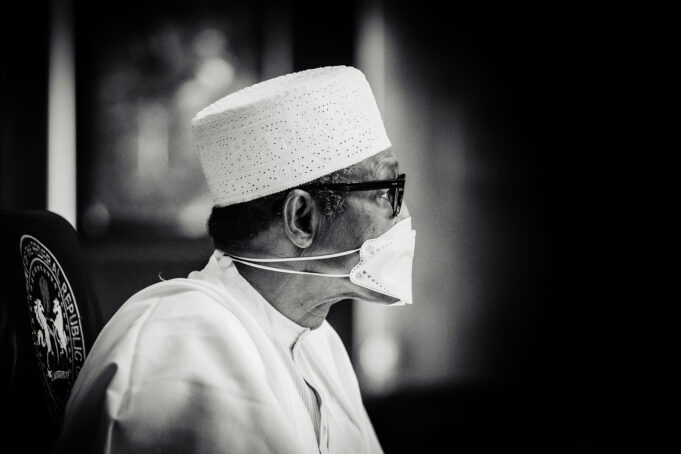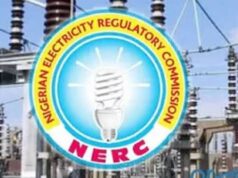The refusal of President Muhammadu Buhari to sign the Electoral Act amendment bill that would have permitted statutory delegates to vote has altered the voting strength of some states, reports revealed.
Section 12.1 of the All Progressives Congress (APC) constitution says members of the national convention shall include members of the board of trustees, national chairman and all members of the national executive committee, serving and past presidents, vice presidents, serving and past governors and deputy governors who are members of the party, serving and former members of the National Assembly, members of the state working committees, all local government chairmen along with three elected delegates from each of the 774 local government areas.
With President Buhari’s refusal to sign the bill, the number of delegates has dropped from 7, 800 to about 2, 340.
The 2,340 consist of three delegates from each of the 774 local governments in the country and six area councils in Abuja.
According to PUNCH, Lagos, which has one of the largest number of statutory delegates due to its large number of APC public officials, will now be left with 60 delegates because it has just 20 local government areas.
Lagos, which ideally should have 304 delegates, was in the top five only behind Kano, Katsina, Borno and Osun.
However, with only 60 delegates, Lagos is now 19th.
Also, states that have a low APC membership or that are governed by the Peoples Democratic Party (PDP) but have a large number of local governments will now have an advantage over Lagos.
For instance, Akwa Ibom which has 31 LGAs, Oyo which has 33 LGAs and Rivers and Sokoto which both have 23 LGAs each, will now have more delegates at the presidential primary than Lagos.
Borno, which should have the third highest number of delegates due to its large number of serving and former elected APC members, will now have a lower number of delegates than Akwa Ibom and Oyo because it has 27 LGAs.
Essentially, Borno has also fallen from having the third highest number of delegates to having the fifth highest.
However, it was gathered that Kano, Katsina and Osun retained their lead by virtue of the large number of local government areas that they possess.
READ ALSO: 2023: APC announces dates for Reps, Assembly primaries
Kano, which has 44 LGAs will have 132 delegates while Katsina with 34 LGAs will have 102 elected delegates. This also applies to Osun State which has 30 LGAs and will thus have 90 delegates.
It was further learnt that 15 states combined have the total strength to determine the outcome of the presidential election.
They are Kano (132), Katsina (102), Akwa Ibom (93), Oyo (99), Osun (90), Jigawa (81), Imo (81), Borno (81), Delta (75), Rivers (69), Sokoto (69), Benue (66), Anambra (63), Adamawa (63) and Kebbi (62) with a combined 1, 224 delegates.
Speaking on the development, the APC chieftain in Lagos State, Chief Joe Igbokwe, said it was unfortunate that Lagos had fallen on the pecking order due to the exclusion of statutory delegates.
Igbokwe said he was confident that the party would look into the matter with a view to making adjustments.
He, however, said he was confident that Bola Tinubu would emerge victorious regardless of the calculation.
“Lagos is too important to be put in such a position because of the exclusion of statutory delegates. We are hopeful that the party will look into the matter. But we are not perturbed.
“We are confident that Asiwaju Bola Ahmed Tinubu will win. There is a lot of gang up against the man but he is the only one that can win the election for the APC,” Igbokwe said.










